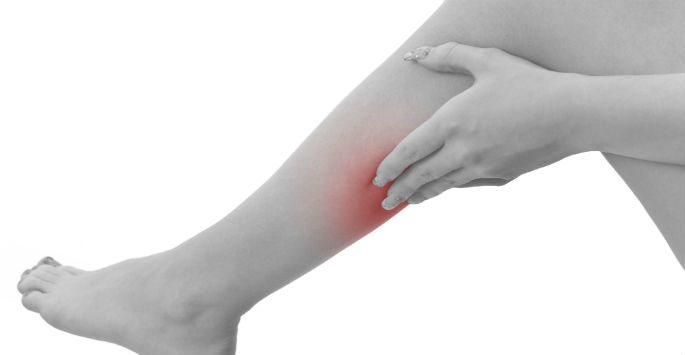Metabolic Bone Diseases
In some cases, it is possible to reverse the damage from metabolic bone diseases. However, this is only possible once there has been a diagnosis and treatment of disease.
Causes of Metabolic Bone Diseases
In the majority of cases, abnormal levels of minerals in the bones cause metabolic bone diseases. Minerals that have an impact on bone health include calcium, magnesium and phosphorus. A deficiency of vitamin D can also lead to serous consequences.
Osteoporosis results in bone loss that is faster that new bone growth. In many instances, it could be related to a deficiency of testosterone and estrogen that occurs naturally with aging. In other cases, it is detected in relation to other health problems, including asthma, rheumatoid arthritis and inflammatory bowel disease.
The most common cause of rickets is a vitamin D deficiency. This can be due to a lack of exposure to sunlight, as well s a lack of vitamin D in the diet.
Symptoms of Metabolic Bone Disorders
Many symptoms can indicate a metabolic bone disorder. The following symptoms can indicate rickets:
- Soft bones in children
- The inability to crawl or walk as a child
- Difficulty with crawling and walking
- Bones that begin to bow
- A curved spine
The following are typical symptoms of Osteoporosis:
- Bones that ache constantly
- A stooped back and shoulders
- Bones that fracture easily
- A loss of height over time
Regardless of what type of metabolic bone disease a person has, painful, fragile bones are the most common signs of a disorder.
Risk Factors for Metabolic Bone Diseases
In some cases, metabolic bone diseases are hereditary. Environmental factors also play a role; children with diets deficient in necessary nutrients may be more prone to developing a condition.
In addition, steroid treatment and chemotherapy have also been known to result in metabolic bone diseases. Any adverse health conditions that affect the thyroid and kidneys may also have an impact on bone health. The aging process puts older people at a greater risk of developing metabolic diseases.
Prevention and Treatment for Metabolic Bone Diseases
In some cases, underlying health conditions create metabolic bone disorders, making it difficult to avoid the problem. However, conscious efforts to supplement the diet with proper nutrients, exposure to sunlight and management of health issues can positively affect bone health.
At Arthritis & Osteoporosis Clinic of Brazos Valley, we offer our patients specialized Osteoporosis diagnosis and treatment services. We can examine individuals who have other metabolic bone disorders, and either devise a unique treatment plan for them or point them in the direction of someone who can. If you are struggling with a metabolic bone disease and searching for answers, contact us today with the link below!

